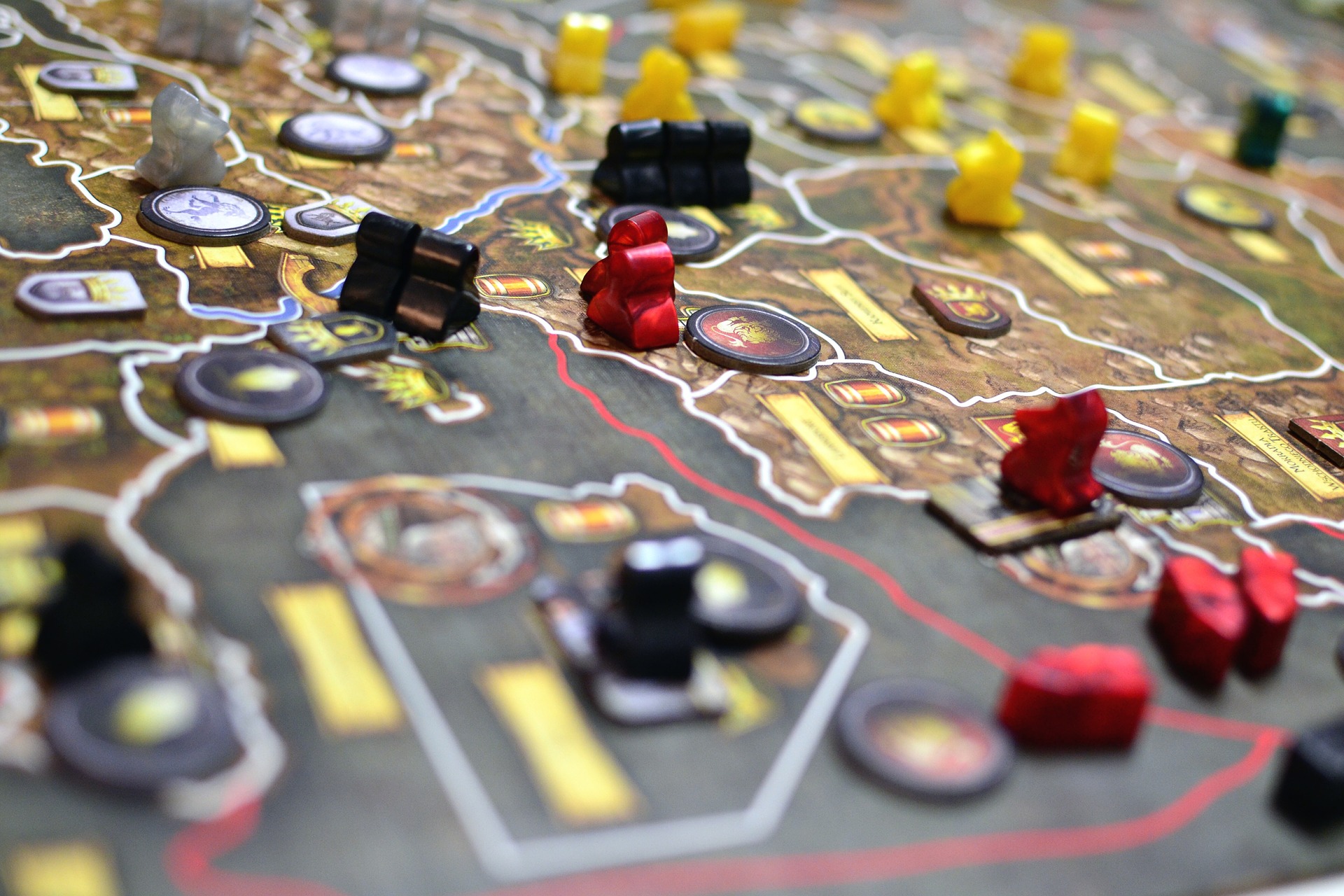Over the years, tabletops have become increasingly popular and in-demand, even in this age of the internet, technology and virtual reality. Even from where I’m located, board game cafes and shops have been popping up and I, myself, have been getting into tabletops more and more: buying party games both competitive and cooperative, filling up our shelf, subscribing to gameplay reviews and playthroughs in YouTube, and even filling up my wishlist on Amazon (though not entirely buying!).
As a PC gamer, I agree that the whole gaming culture–including PC, console and even tabletop– have become socially acceptable. While PC and console gaming only target a certain market, tabletop has a far more flexible audience: you can play it with your friends or colleagues at work, siblings or family members that are not into PC or console gaming as much as you are, or even your kids.
And now, while tabletops are spreading out like wildfire, digital counterparts of these games just keep coming. Here’s my take on the pros and cons of digital tabletops:
Portability
Like I said, PC and console gaming only have a certain market since not every one plays games on their PCs, phones or tablets. It’s more challenging to force someone into digital gaming, especially if they don’t have the hardware as you do.
Going digital, however, makes these tabletop games more portable. Although there are pocket editions of certain board games, digital board games can be much more flexible as you would oftentimes only need your phone, tablet or laptop.
Social Interaction
One of the best experiences in playing tabletops is the social interaction between the players. In games like Coup or The Resistance: Avalon, you need to be able to observe and read your opponents’ reactions and/or body language. Coup, which was previously available on Google Play, is harder to play as you can’t really tell whether your opponent is bluffing or not. Digital games in general do not have the “social” part of the experience.
One good thing about playing digital tabletops is that you can play it alone or with an AI. With an AI, learning becomes easier because there are no rule books for you to read and follow, rather, you can get in straight into the game as you play a tutorial game with the AI.
You still can play it with other people, but then again, you are limited to people who have the same game digitally, when playing online. And within the comfort of your own home, you can play it with strangers around the world.
House Rules
Another part of the social experience is the flexibility of changing rules to make games more challenging or fun, especially for games that you’ve already played dozens of times. As one of my all-time favorite card games, me and my playgroup created our own set of rules for the game Coup, which mixes up rules from Coup: Reformation and Coup Rebellion G54.
Rules for digital tabletops on the other hand, since these are already set in scripts or within the program, are more rigid, which gives the players very little room to experiment and make up their own rules. In digital games, you are not allowed to make illegal moves. In a way, it kind of prevents players from cheating, but it also takes away experimentation.
Production & Cost
The thing about board games is that they really are very expensive that you have to invest a lot in them. Primarily because the creators and designers put a lot of thought and effort into producing them in the first place.
Digital board games are usually cheaper because of the lack of actual physical pieces which make the game more personal. The advantage here though is that you can initially buy a digital copy of the tabletop game to try it out first and see whether you’ll enjoy it or not, before you actually buy it physically. Another advantage of a digital tabletop game is that it’s usually easier to set up because there are no physical pieces to begin with.
Takeaways
Going digital is the future of gaming. With virtual or augmented reality, who knows what digital tabletop could offer us in the future? As an introvert, I love playing games on my PC within the confines of the four walls of my home, but playing actual and/or physical tabletops with friends and family is still the best experience for me.


